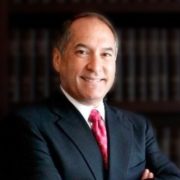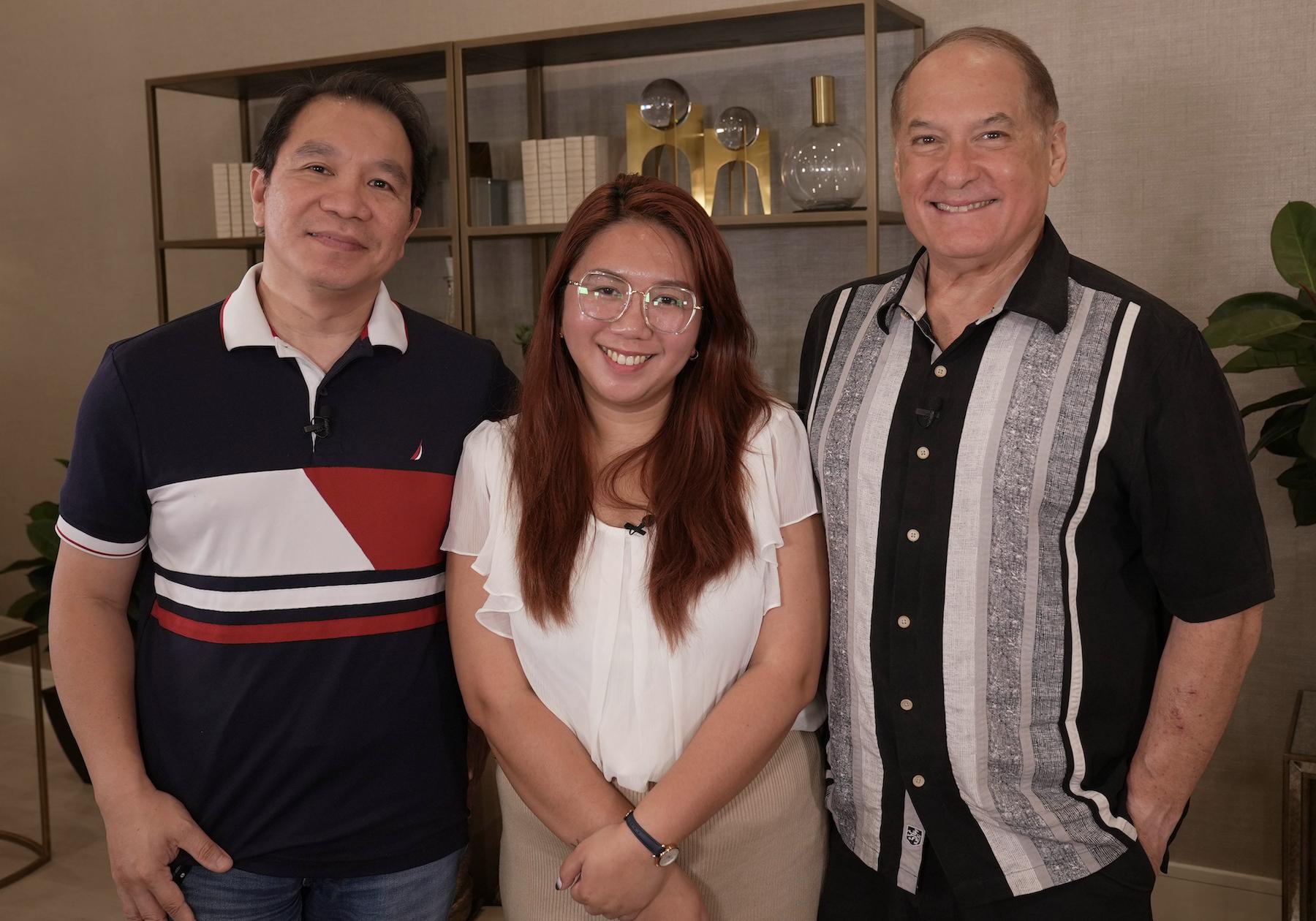(For a good faith marriage)
MOST people in love profess their 100 percent unconditional, eternal love of another person, with all of their heart and with all of their soul. For immigration purposes, their love need only be 51 percent to establish a bona fide, good faith marriage. This is because the standard of proof to establish a good faith marriage is the “preponderance of evidence,” meaning it is more likely than not.
In a recent decision from the Court of Appeals, the court set aside an alien’s removal, because the Immigration Judge (IJ) and Board of Immigration Appeals (BIA) held the alien to a “burden of proof more onerous (or stricter) than the preponderance standard that an alien must satisfy to establish that a failed marriage was bona fide.” In other words, although the alien established eligibility by a preponderance of the evidence (“more likely than not”), he was being required to produce even more evidence than legally required.
In that case, an alien married a US citizen, and obtained conditional residency, which required that he and his American spouse file a joint petition two years later to “remove” those conditions. Although the couple filed the petition to remove conditions (Form I 751), the marriage apparently fell apart, and they did not appear for their removal of conditions interview.
That’s how matters stood for 16 years, until the alien “stirred the hornets’ nest” (or rocked the boat), by filing another Form I – 751 in 2008, requesting a discretionary waiver of the joint petition, by demonstrating he entered into a failed marriage in good faith.
This “good faith marriage” waiver is available for people who married for love, but their marriage eventually ended in divorce. Rather than having to file a “joint” petition to remove the conditions, the person can file a petition to remove conditions by themselves.
The alien testified he had entered his marriage in good faith and had married for love (not immigration benefits). He submitted various documentation supporting the good faith marriage, including joint tax returns for two years, some letters written by the American spouse in the 90’s on how they had reconciled and/or she was jealous because he was spending too much time with his friends. When asked whether he had married the American to obtain a green card, he answered, “No. Never.”
The government submitted no evidence to refute or rebut the alien’s evidence, but instead maintained there was “little or no evidence” the marriage was valid. Both the IJ and BIA concluded the alien had not met his burden of proving, by a preponderance of the evidence, that his marriage was bona fide.
The Court of Appeals reversed, stating the BIA “misapprehends the preponderance standard.” The Court noted the alien had testified unequivocally that he did not marry the American to obtain residency, but instead had “loved her.” According to the Court of Appeals, “this testimony alone is enough to prove his marriage to [his the US citizen spouse] was more likely than not bona fide.” The BIA’s failure to reach that conclusion was a “legal error,” especially in light of the government offering no evidence to refute that claim.
Many people (and sometimes even the USCIS) believe they have to prove eligibility for an immigration benefit “beyond a reasonable doubt.” That is not true. The beyond reasonable doubt standard of proof is only in criminal cases. The correct standard for the burden of proof is critical. You do not have to prove eligibility beyond a reasonable doubt, but instead by a preponderance of the evidence, or when weighing the positive and negative evidence, you need merely tipped the scale with positive evidence at 51 percent.
Of course, no one should ever get into a fixed marriage because that is absolutely prohibited by law. However, if you truly entered into a bona fide, good faith marriage, you should seek the assistance of an attorney, who can evaluate your situation, represent you at any interviews, and insure the proper legal standard of the burden of proof is applied, and that you meet that standard, of preponderance of evidence.
* * *
Michael J. Gurfinkel is licensed, and an active member of the State Bar of California and New York. All immigration services are provided by, or under the supervision of, an active member of the State Bar of California. Each case is different. The information contained herein including testimonials, “Success Stories,” endorsements and re-enactments) is of a general nature, and is not intended to apply to any particular case, and does not constitute a prediction, warranty, guarantee or legal advice regarding the outcome of your legal matter. No attorney-client relationship is, or shall be, established with any reader.
WEBSITE: www.gurfinkel.com
Call Toll free to schedule a consultation for anywhere in the US:
(866)—GURFINKEL
Four offices to serve you: LOS ANGELES · SAN FRANCISCO · NEW YORK · PHILIPPINES




